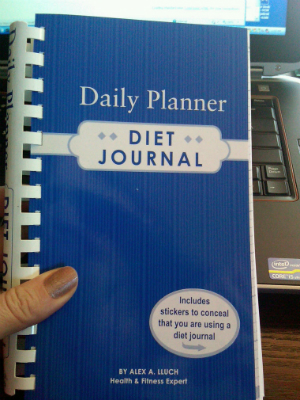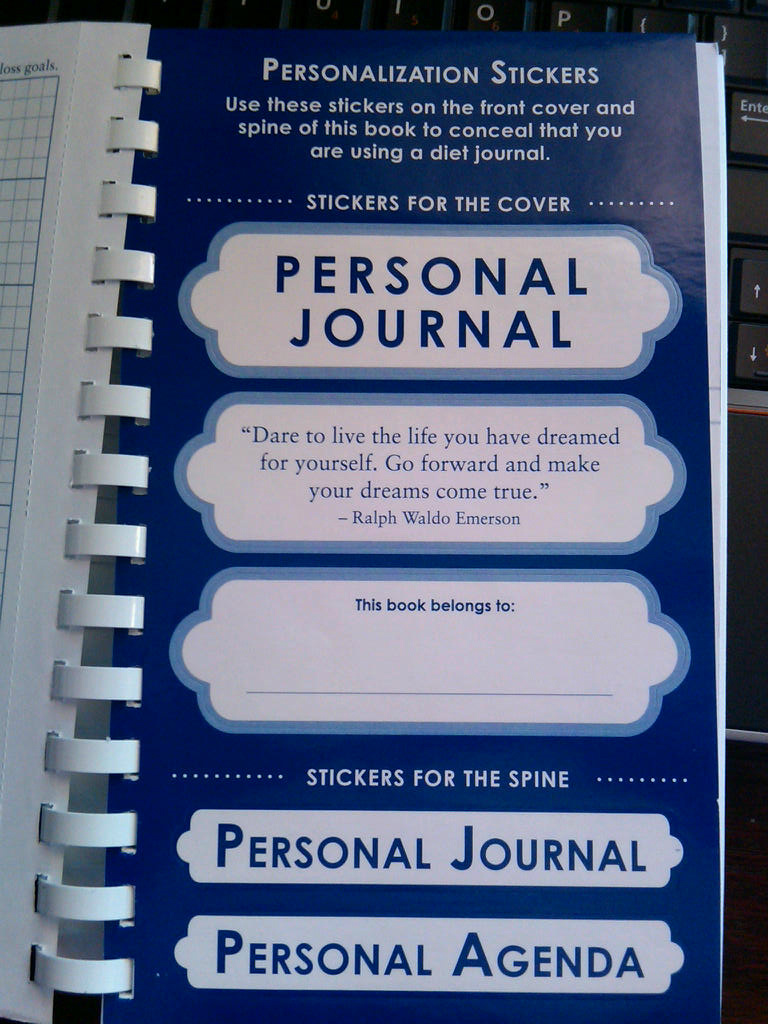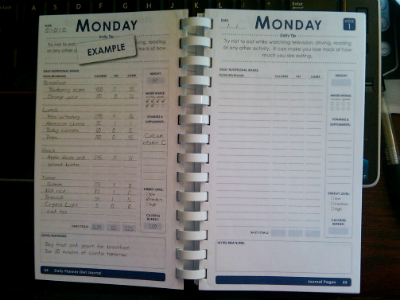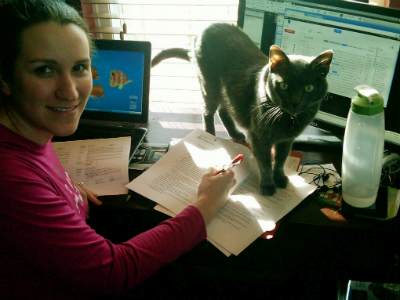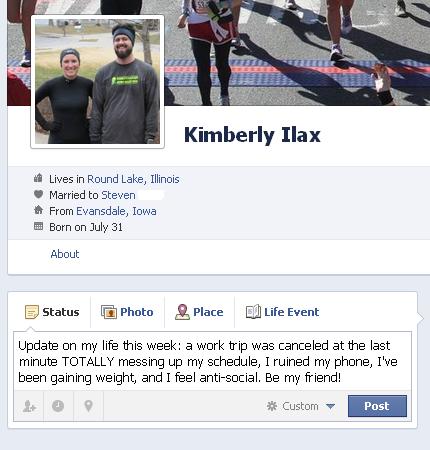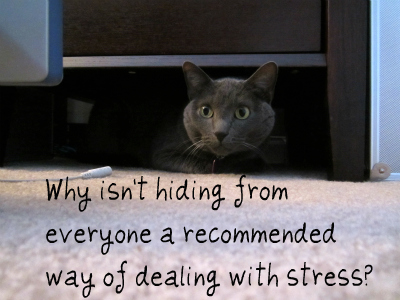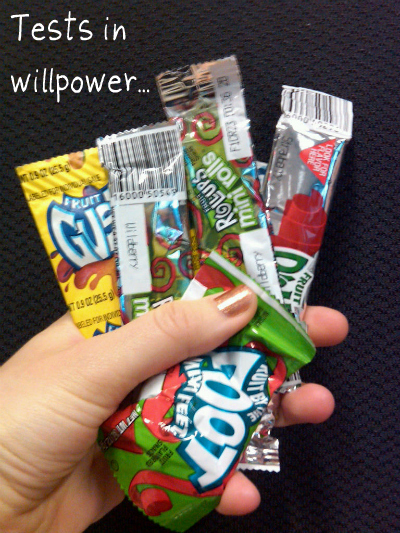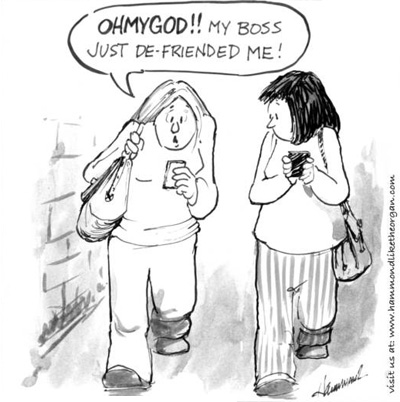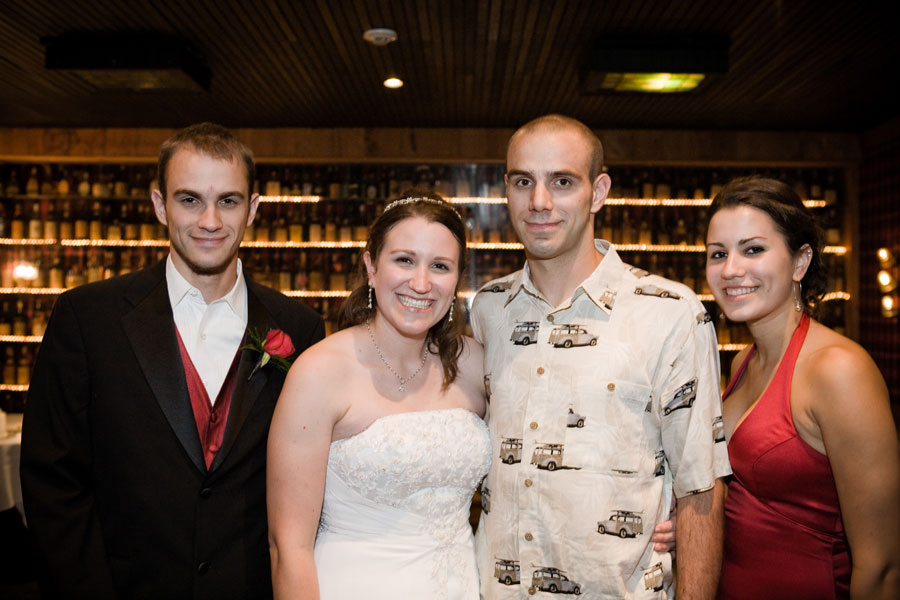
I was reading this interesting article (click link to read) about empathy in the December issue of SELF, and it really got me thinking about a few things. The focus of the article was about how empathy is declining, but that being empathetic not only makes you happier, but makes you more successful at work. And the article went in to a few ways to increase your empathy.
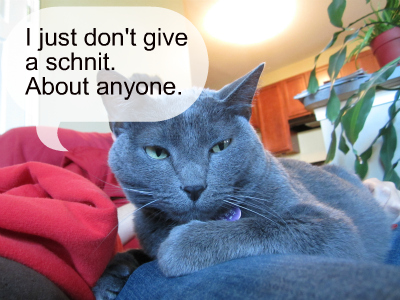
The whole article was interesting to me, but the first thing that really stood out was the paragraph on how we may be becoming less empathetic because of technology:
Except, as a society, we seem to be getting less empathy practice than we used to—and technology may be to blame. In the Michigan study, the decline in empathy test scores was especially sharp after the year 2000, which is when Friendster, Facebook, YouTube and Twitter came on the scene. To Konrath, that’s no coincidence. “Spending so much time interacting online could certainly change our ability to empathize,” she says. “When you see someone face to face, you get multiple signals—you hear her voice, note the movement of her eyes, take in her posture,” she says. But on Facebook, it’s tough to know how others are really feeling, not least because you rarely see the whole truth. (We’re all familiar with “friends” who use the medium to constantly trumpet how fabulous their life is.) At times, it can seem as if social media is more about creating a perfectly polished image than making a genuine connection. “It’s not that Facebook itself is going to somehow rot our capacity for empathy,” Konrath says. “It’s that it doesn’t require us to use much of it.” So after a while, if you spend more of your hours online, your instinct for reading others falls off. If you don’t use it, you could lose it.
So, the more time we spend interacting with people online, the less practice we get being empathetic in person. Sure, that makes sense. We shouldn’t be hermits. And online identities are often heavily edited* – we can’t trust our perception of their face value.
What do you think – does your online interaction with people affect how you relate to people in real life?
Another thing that stood out to me was that “empathy is the glue that keeps all relationships humming: friends who are skilled at understanding each other are less likely to have conflicts and are better at resolving them when they do happen.” When you make an effort to understand where the other person is coming from and feel for that, it opens up communication, you’re less judgmental, and strengthens the relationship (according to the article). They talked about how crucial this is in marriage – agreed!
Also, the article talked about how being more empathetic makes you happier, and why the higher ups at work don’t seem to be empathetic (didn’t you always want to know?) and how important empathy is in the work environment.
This article was kind of all over the place, and this post definitely is too. Please read the article (link above) if you are interested! But I do want to ask – how empathetic are you?
I’ve noticed that I start out quite empathetic with people. But the more I learn about them, the more or less empathetic I come. For example (and we all have this person in our lives) – I know someone who is irresponsible and continually makes bad decisions, yet has the “the world is after me” attitude. No it’s not, honey. You need to grow the eff up. And there it is <– a lack of empathy. When crappy things happen to that person, I have such a hard time forgetting their crappy personality and feeling empathy for them. I think “Karma, baby. You get what you deserve.” How awful is that?
On the other hand, I do have many friendships where I’ve have gotten to know someone more and more that I just really feel for everything that happens to them. Their sadness is my sadness. Their joy is my joy. If they are uneasy, I am too. It’s pretty amazing that you can be that close with someone! And the article is right – that amount of empathy does make me happy, and feel good. Not exactly in the moments of sadness and unease, but when I thinking “Wow, I really connect with this person.”
*This could really be an entire blog post in it’s own, but I am feeling lazy, so I will add it down here! There was also an interesting blurb in this magazine about “FOMO” – the fear of missing out. Click here to read it. Basically, it says “we tend to show an upbeat version of ourselves online, leaving out the bad parts.” So when you go online and see everyone is doing all these fun things, you have the fear of missing out. But you have to remember that other people may only be showing their “idea selves” online, and not to let yourself get down because you aren’t feeling as merry. Also, it says make your own plans with friends if you are feeling left out! Honestly, I was passing on invites during the holidays because I had too much to do! But I did see posts of many parties on Facebook and in blogs, so I can see why people might feel this way.

